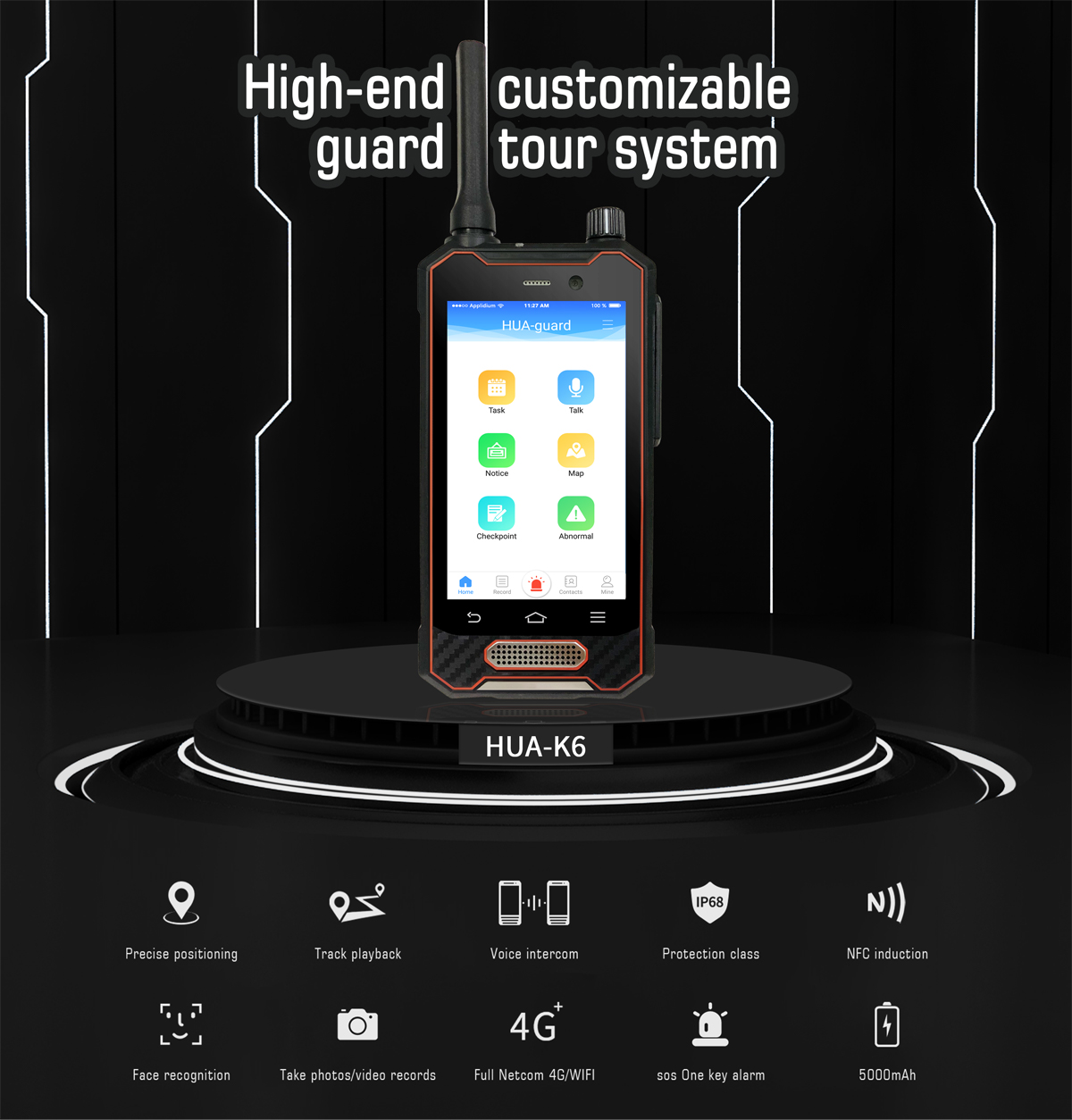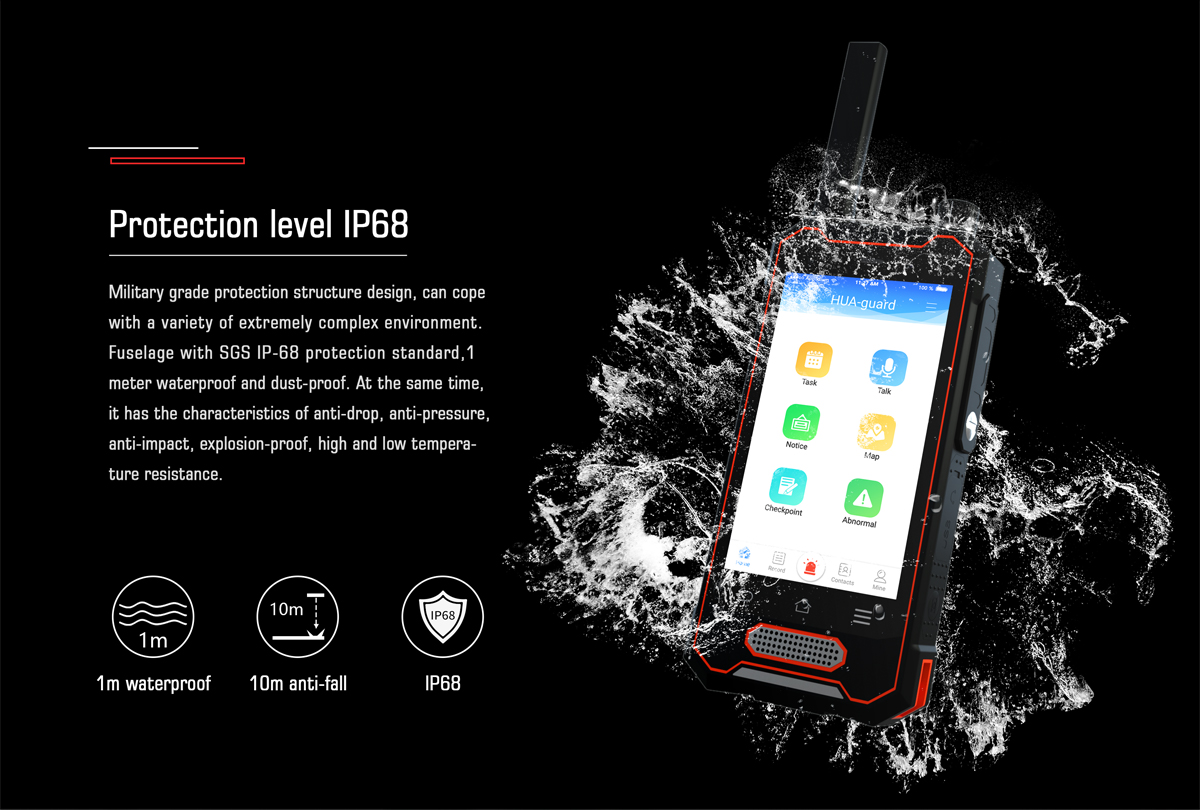

Enterprises rely on cloud access control systems to unify credential issuance, access permissions, and audit trails across multiple locations. Traditional on-premises controllers typically require local servers at each site, increasing IT overhead every time a new facility comes online. In contrast, cloud-based platforms allow administrators to provision new doors and assign user groups instantly through a web console, regardless of physical distance. This centralized management not only simplifies policy updates but also enables powerful reporting capabilities that display real-time entry logs and system health metrics for hundreds or thousands of endpoints. As a result, the scalability of cloud access control systems directly translates into operational efficiency and a consistent security posture across the enterprise.
A key challenge for large organizations is how to accommodate changing user populations without delaying access or compromising security. Scalable cloud access control systems address this issue by integrating with identity and credential management tools, enabling automated user onboarding and offboarding workflows. For example, an HR system can trigger access creation when an employee is onboarded and immediately revoke access when an employee leaves, all handled through the cloud platform. With a pay-as-you-go licensing model, companies only pay for active users or doors rather than a fixed fee for all potential endpoints. This elasticity ensures that the cloud access control system can handle surges in user volume while maintaining predictable costs and ease of management.

Organizations often open new locations, such as retail stores, remote offices, or pop-up stores, on tight schedules. Cloud access control excels in these scenarios because it can pre-configure access controllers and credential profiles before the hardware arrives onsite. Technicians can install networked controllers and reader modules, which automatically pull configurations from the cloud when they first boot up. This zero-touch deployment approach reduces installation time from days to hours, accelerating time to value for new sites. In addition, secure over-the-air firmware updates ensure that all devices are running the latest security patches without requiring IT staff to travel onsite. As a result, the scalability of Cloud Access simplifies expansion projects and reduces reliance on scarce technical resources.
Performance and reliability are critical when scaling to thousands of doors and tens of thousands of users. Top cloud access control systems leverage distributed cloud architectures to balance loads and provide redundancy. During peak access times, the system’s API and authentication services must handle a surge in credential checks in milliseconds. Enterprises expect 99.9% uptime for access control events with extremely low latency. By choosing a cloud access control system built on elastic microservices, organizations can confidently scale operations without worrying about service degradation or single points of failure.
As the Internet of Things (IoT) reshapes building management, cloud access control systems must integrate with analytics platforms, video surveillance, and environmental sensors to provide contextual security insights. Scalable cloud solutions can ingest massive streams of access events, correlate them with camera feeds, and trigger alerts on anomalous behavior. Machine learning models hosted in the cloud can analyze access patterns over months or even years, identifying high-risk trends and optimizing patrol routes to enhance security. In addition, cloud-native APIs Facilitate seamless integration with asset tracking tags and mobile credential applications for location-based access and seamless user experience. By adopting a scalable cloud access control system, enterprises can unlock advanced security use cases that mature alongside the organization's growth.

The scalability of cloud access control systems, encompassing access control, users, sites, and integrations, has become a strategic imperative for modern enterprises. From centralized management and dynamic user provisioning to rapid deployment and elastic performance, scalability can reduce operational overhead, accelerate expansion, and enhance security posture. In addition, the ability to acquire and analyze massive amounts of access data enables organizations to leverage IoT-driven insights and proactive threat detection.